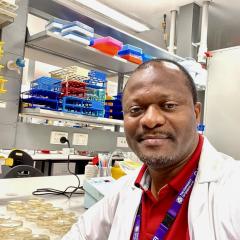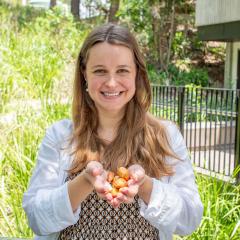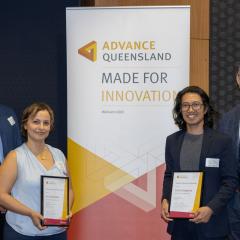An international expedition to North Queensland to collect wild banana samples could be the key to eradicating global threats to the edible version of the popular fruit.
Disease, drought, cold and pests are affecting cultivated banana species worldwide.
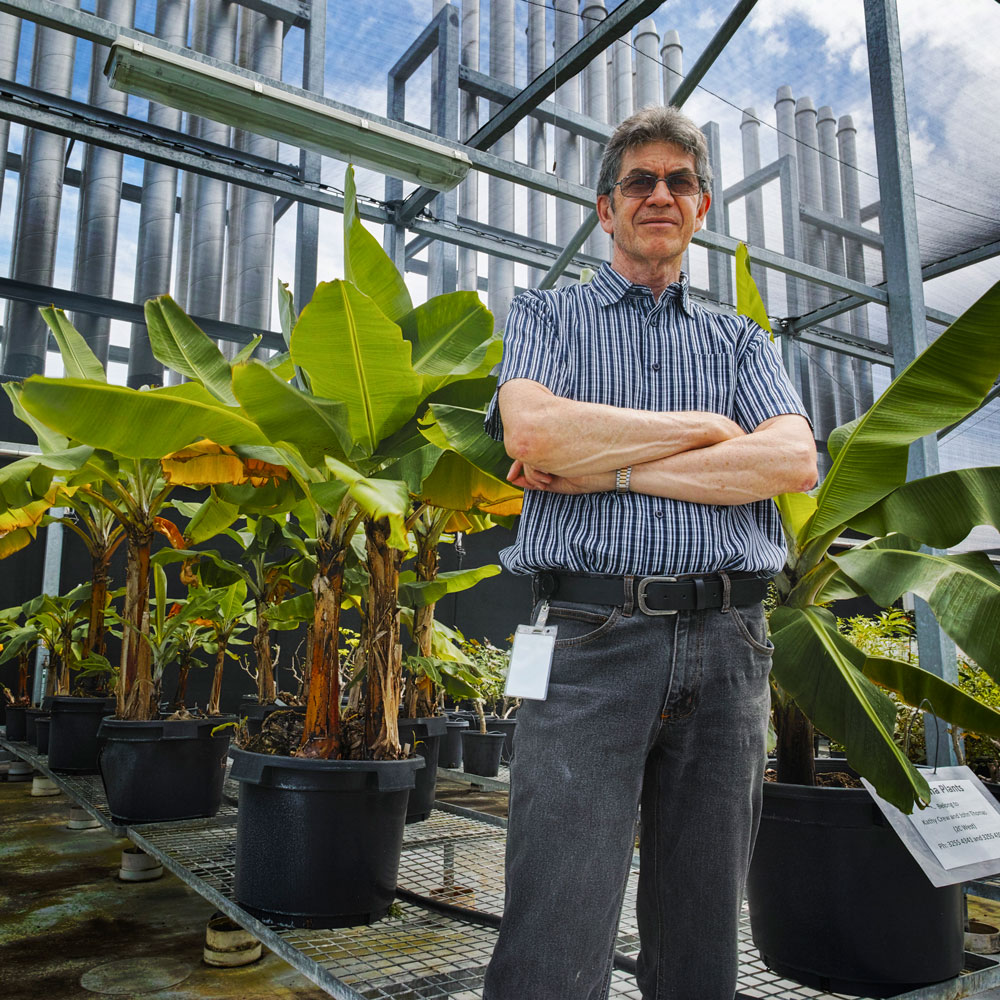
University of Queensland researcher Associate Professor John Thomas said the scientists were hunting wild banana species as a potential source of resistance to pathogens like Fusarium wilt and banana bunchy top virus (BBTV) and to understand and conserve the genetic diversity of these native species.
“95 per cent of Australian banana production occurs in tropical north Queensland and is threatened by BBTV, while Fusarium wilt is already present on a few farms in the region,” Dr Thomas said.
“Other diseases are also on our doorstep – black Sigatoka and banana phytoplasma wilt is found in Papua New Guinea and banana blood disease in Indonesia.”
He said the genetic diversity of wild relatives of agricultural crops is a key element to finding ways to deal with the impact of climate change and emerging plant diseases and pests.
The expedition team included Belgian scientists Steven Janssens of Meise Botanic Garden and Bart Panis of The Alliance of Bioversity International and CIATand the International Musa Germplasm Transit Centre (ITC), part of CGIAR (Consultative Group for International Agricultural Research).
“The world banana germplasm collection is held in Leuven, Belgium, where Dr Panis – an expert in tissue culture, cryopreservation and seed physiology -- is based, while Dr Janssens is an international expert on population genetics and a skilled banana taxonomist,” Dr Thomas said.
“Their expertise was essential to identify, select and preserve the wild banana germplasm.”
Collections of Musa acuminata ssp. banksii were made from the Daintree to Carwell.
“This sub-species happens to be one of the most important progenitors of the edible bananas we have today,” Dr Thomas said.
Representative accessions will be held in Queensland germplasm collections with back-ups in Belgium, but the rare species, Musa jackeyi, was not found.
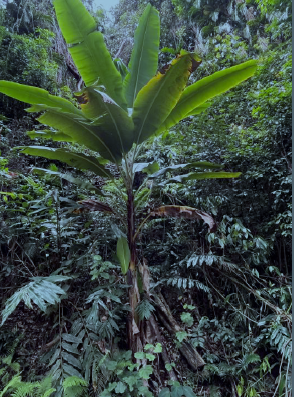
“Feral pigs have destroyed plants at previously recorded sites and other possible specimens were shown to be misidentifications, so the team found only Musa acuminata ssp. banksii.
“That means the only confirmed living specimen of the potentially vulnerable Musa jackeyi is a single accession in tissue culture at the DAF Maroochy Research Facility.”
Dr Janssens said the team collected leaf and seed samples and will now store seeds at Meise Botanic Garden, germinate and plant some seeds to take a closer look at the species and sequence the genome of the species.
“Using modern DNA techniques, the genetic data of each of the individual species and their populations will help us learn more about the diversity of wild bananas,” he said.
“Hopefully, this will all lead to the discovery of interesting drought-tolerant and disease-resistant wild specimens."
Dr Thomas’ research on developing diagnostic antibody tools for BBTV was funded by the Bill & Melinda Gates Foundation, with further support from The University of Queensland and the Department of Agriculture and Fisheries, Queensland.
Images are available via Dropbox.
Media: Associate Professor John Thomas, j.thomas2@uq.edu.au, +61 400 579 449; QAAFI Media, Natalie MacGregor, n.macgregor@uq.edu.au, +61 409 135 651.
The Queensland Alliance for Agriculture and Food Innovation is a research institute at The University of Queensland supported by the Queensland Government via the Queensland Department of Agriculture and Fisheries.

